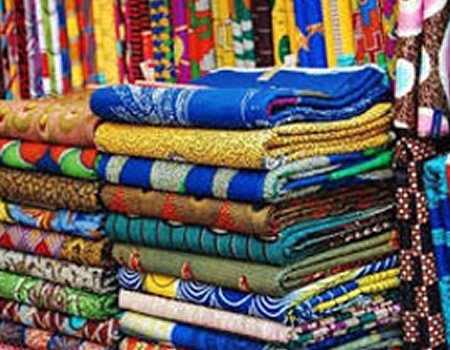The statement credited to President Muhammadu Buhari to the effect that his priority in his second term in office is to create jobs for the teeming unemployed Nigerians while addressing representatives of National Union of Textile, Garment and Tailoring Workers, led by its president, John Adaji in Abuja during a courtesy call, is certainly a welcome development and one that was received warmly.
It is on record that the closure of Textile factories in the North, South, East and West of the country opened up the doors of crimes; robberies, cattle rustling, kidnappings and drug abuse among others largely due to the closure of such industries.
JUST IN: Atiku, father, grandfather not Nigerians ― Kyari
In the early 1990s, the largest employer of labour aside the agricultural and oil sectors was the textile industry. This was reaffirmed by the delegation of a critical stakeholder in the industry.
Policies that are on the side of job creation put in place by the Buhari administration include but are not limited to import restrictions that offer affordable and accessible capital incentives to both small, medium and large small cottage industries around the country. To lend its support to government’s intention to return to the good days of making the sector-foremost in job creation, the Central Bank of Nigeria has earmarked N30 billion to finance the Textile Value Chain starting from cotton farming, marketing, processing, production and exportation of finished materials.
It is, therefore, in the light of the above that I make the following suggestions; government can grant tax holidays to manufacturers operating in the sector to reduce their tax burden. This is capable of empowering them to have access to funds to improve their production capacity. Secondly, government can also make foreign exchange available to enable operators to import the necessary machinery and equipment for the comatose industries and set up new textile plants. Thirdly, government must ensure uninterrupted steady power supply to existing and new plants.
In fact the textile industry is next to agriculture and oil in Nigeria in terms of employment and job creation among the teeming skilled and unskilled unemployed Nigerians. The Nigerian Textile industry is no doubt a goldmine and was once a vibrant sector of the Nigerian economy.
In any developed or developing economy, the indices used in judging growth is primarily based on the producing power of that country. Industries form the bulk of these indices but in Nigeria, more than 80 per cent of all finished consumer products are imported.
Musa Ilallah
Abuja






